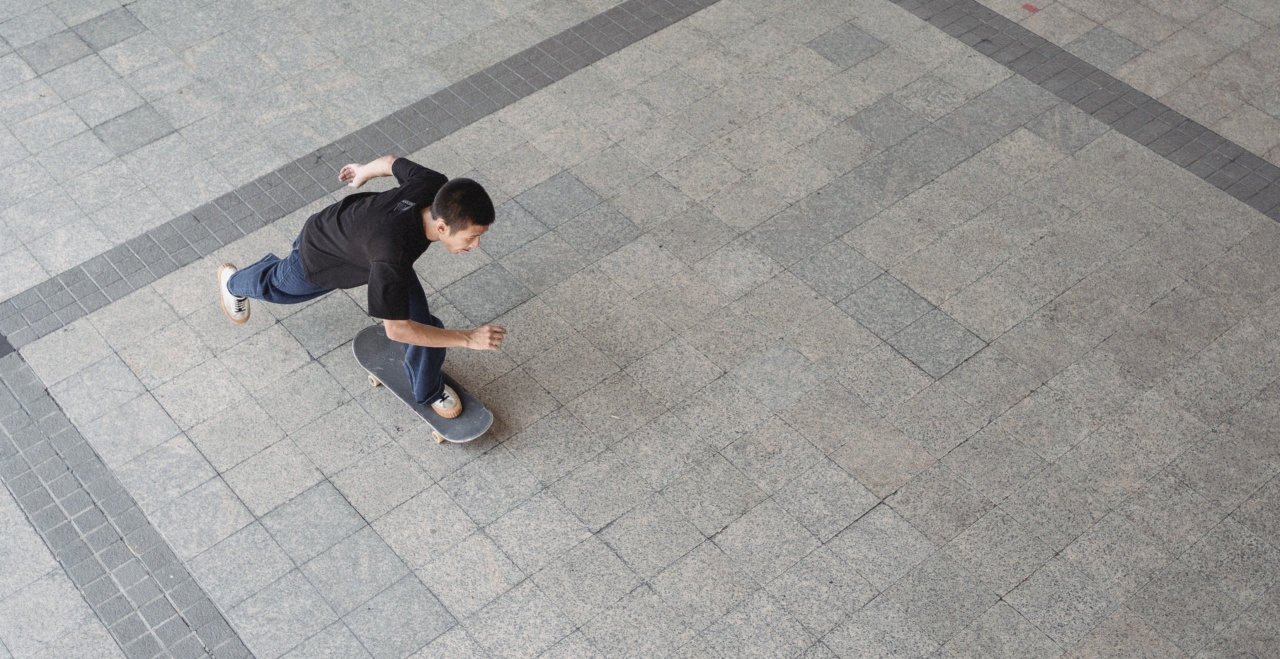Dementia is a cognitive disorder characterized by a decline in memory, thinking, and social abilities. It is estimated that there are over 50 million people currently living with dementia worldwide, and this number is expected to triple by 2050.
There are numerous risk factors associated with dementia, and one of them is orthostatic hypotension.
What is Orthostatic Hypotension?
Orthostatic hypotension is a condition that occurs when blood pressure drops significantly upon standing up from a sitting or lying position. This can cause dizziness, lightheadedness, and even fainting.
It is a common condition that affects millions of people worldwide, especially older adults.
Link Between Orthostatic Hypotension and Dementia
Several studies have found a link between orthostatic hypotension and dementia.
One study published in the Journal of the American Medical Association found that those with orthostatic hypotension had a significantly higher risk of developing dementia than those without the condition.
Why Does Orthostatic Hypotension Increase the Risk of Dementia?
There are several theories as to why orthostatic hypotension may increase the risk of dementia. One theory is that the lack of blood flow to the brain caused by orthostatic hypotension may damage brain cells over time, leading to cognitive decline.
Another theory suggests that the condition may disrupt the blood-brain barrier, allowing harmful substances to enter the brain and cause damage.
Other Risk Factors for Dementia
While orthostatic hypotension is a risk factor for dementia, there are many other risk factors that should be considered. These include:.
- Age
- Family history of dementia
- Smoking
- Alcohol consumption
- High blood pressure
- Diabetes
- Obesity
- Sedentary lifestyle
- Depression
Preventing Dementia
While there is no surefire way to prevent dementia, there are steps individuals can take to reduce their risk:.
- Eat a healthy, balanced diet
- Exercise regularly
- Get enough sleep
- Engage in mentally stimulating activities
- Avoid smoking and excessive alcohol consumption
- Control high blood pressure and diabetes
- Maintain a healthy weight
- Stay socially active
When to Seek Medical Help
If you experience frequent episodes of dizziness or lightheadedness upon standing, it is important to seek medical attention.
A healthcare professional can diagnose orthostatic hypotension and provide treatment options to manage the condition and reduce the risk of developing dementia.
Conclusion
Orthostatic hypotension is a common condition that can increase the risk of dementia.
While there is no surefire way to prevent dementia, individuals can take steps to reduce their risk by living a healthy lifestyle and seeking medical attention when necessary.





























